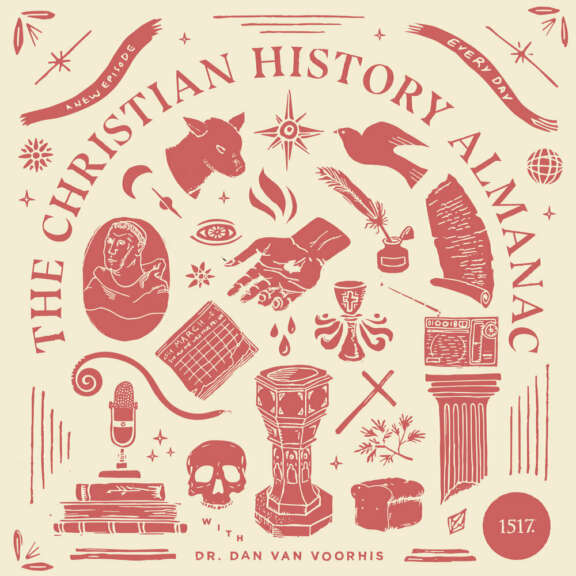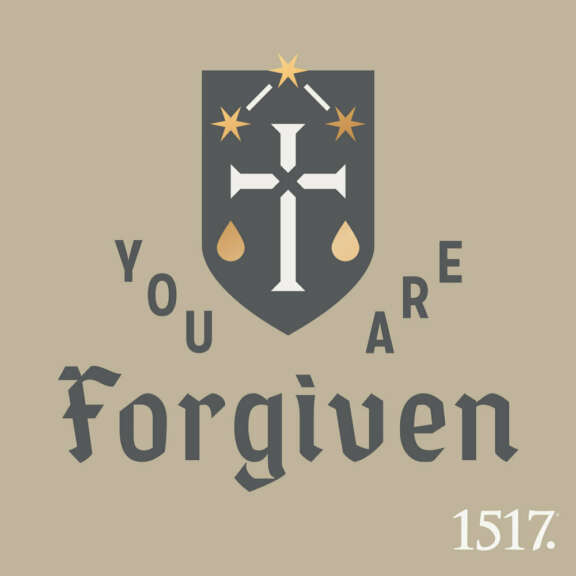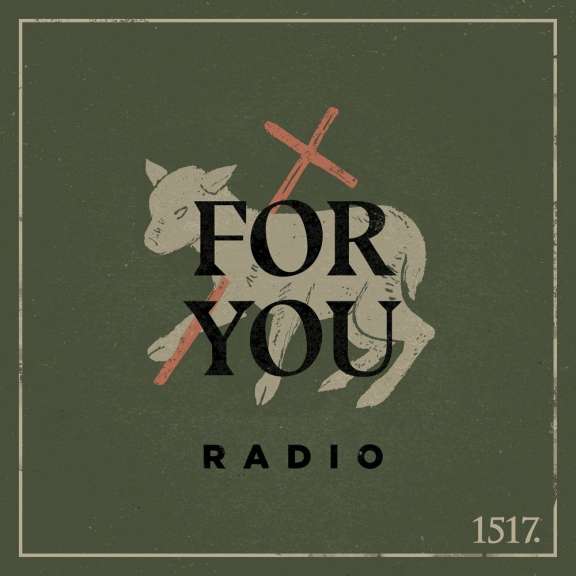My God can beat up your god...
The second part of our discussion of Christ in the Psalms, by Patrick Henry Reardon. What is the temptation when Christians assume that our enemies are God's enemies? How do we pray for and against ourselves at the same time? What's happened to our piety that we are afraid to make demands of God?
Podcasts
Each 1517 Podcast is dedicated to delivering Christ-centered content through weekly, monthly, and seasonal audio platforms. Listen online or on your favorite podcasting app.
Author
- All Authors
- Aaron Zimmerman
- Adam Francisco
- Amy Mantravadi
- Blake Flattley
- Bob Hiller
- Bradley Gray
- Brian W. Thomas
- Bror Erickson
- Bruce Hillman
- Caleb Keith
- Chad Bird
- Chris Rosebrough
- Christopher Gillespie
- Cindy Koch
- Craig Donofrio
- Dan van Voorhis
- Daniel Deen
- Daniel Emery Price
- Darrin Sheek
- David Andersen
- David Rufner
- David Zahl
- Debi Winrich
- Delwyn Campbell
- Donavon Riley
- Doug Klembara
- Edward Killian
- Elyse Fitzpatrick
- Erick Sorensen
- Flame
- Grant Klembara
- Gretchen Ronnevik
- Haroldo Camacho
- Jacob Smith
- Jared C. Wilson
- Jeff Mallinson
- Jeffrey Pulse
- Jessica Thompson
- Jim Nestingen
- Joel Fitzpatrick
- Joel Hess
- John Andrew Schreiner
- John Bombaro
- John T. Pless
- John W. Hoyum
- John Warwick Montgomery
- Katie Koplin
- Kelsi Klembara
- Ken Sundet Jones
- Magnus Persson
- Mark Mattes
- Matt Popovits
- Michael Berg
- Michael Horton
- Nick Lannon
- Paul Koch
- Peter Nafzger
- Philip Bartelt
- Raleigh Sadler
- RJ Grunewald
- Robert Kolb
- Rod Rosenbladt
- Ron Hodel
- Sam Leanza Ortiz
- Sarah Condon
- Sarah Crowder
- Scott Davis
- Scott Keith
- Steven Paulson
- Tanner Olson
- Troy Neujahr
- Uwe Siemon-Netto
- Wade Johnston
- William Cwirla
-
The year was 1781. Joseph II introduced his "Patent of Toleration." The reading is from William Cowper, his "Sometimes a Light Surprises."
-
Get the latest news and most accurate scholarly assessments from a few preacher men. Or just sit back and enjoy your beer.
-
Bold warriors and foolish oaths.
-
The year was 1600. We remember Luis De Molina. The reading is the conclusion of Walt Hearn's "The Scientist's Psalm."
-
Why Christians are commanded to pray down curses upon their enemies. This episode, Christ in the Psalms, by Patrick Henry Reardon. What's an imprecatory psalm? Why are we taught by Scripture to pray imprecatory psalms, but have largely excluded such prayers from our churches? How does psalm 5 point us to Jesus and culture simultaneously?
-
The year was 1962. The Second Vatican Council was convened. The reading is from Karl Barth, an excerpt from a sermon on Ephesians 2.
-
Pastor Hodel Teaches On Matthew 20:1-16
-
The year was 1674. We remember the poet Reverend Thomas Traherne. The reading is the Anglican collect for Traherne.
-
Don't glue boards together and don't drink the Kool-Aid. Craig and Troy describe why both of those make for bad Christological heresies. We trust in the true Christ who is fully God and fully man, given for us.
-
The year was 1201. We remember Robert of Sorbonne. The reading is a paraphrase of Francis of Assisi from "All Creatures of Our God and King."
-
We were going to talk about preaching during the pandemic, but then things got even crazier. Ringside meets the Craft of Preaching with Dr. David Schmitt discussing how the preaching task is always the same, but the target changes. And Tyler… where’s the bell?




